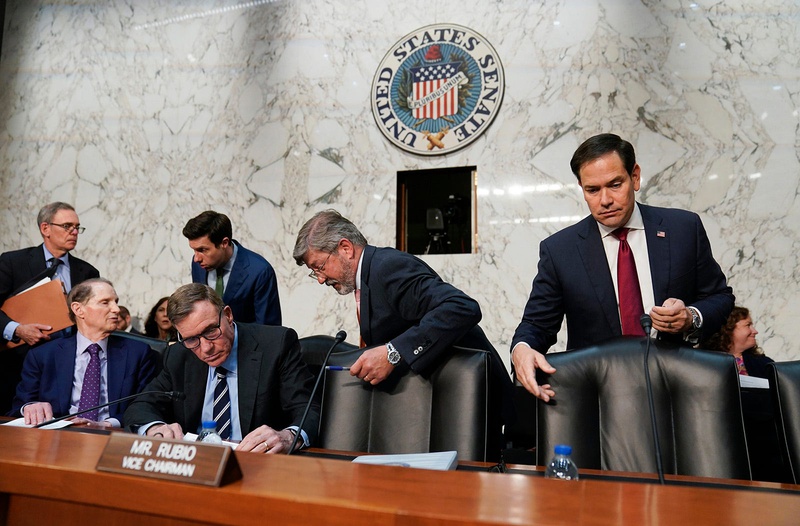In a bold response to escalating global threats, the United States has launched its first-ever National Security AI Strategy, aimed at harnessing artificial intelligence to counter adversaries like China. The sweeping memorandum, announced Thursday, directs the Pentagon and intelligence agencies to swiftly adopt AI across national security functions—ranging from cybersecurity to counterintelligence—while emphasizing safeguards to protect civil liberties.
“This is our nation’s first-ever strategy for harnessing AI to advance national security,” said National Security Advisor Jake Sullivan at the National Defense University in Washington. “We must deploy AI faster and more effectively than our rivals if we want to avoid a ‘strategic surprise.’” Sullivan underscored the urgency of staying ahead, noting that U.S. competitors, particularly China, are aggressively pursuing AI to modernize their military and intelligence capacities.
The National Security Memorandum builds on President Joe Biden’s executive order from last year, which set new safety standards for AI and mandated transparency from developers on safety testing. The newly released AI framework offers guidance to government agencies on responsible, effective AI use, addressing both classified and public-facing AI applications.
A senior administration official highlighted that America’s security agencies will gain access to top-tier AI systems, enabling a swift adoption that maintains the U.S. competitive edge in military and intelligence technologies. “Our aim is to outpace our adversaries, and we’re focused on rapid yet responsible deployment,” the official explained, emphasizing a robust approach to procure the most advanced AI technologies.
However, civil liberties advocates are calling for accountability. Samir Jain of the Center for Democracy & Technology stressed that “democratic oversight is critical,” urging the White House and Congress to ensure that AI use respects civil liberties. Civil society groups have called for clear transparency measures to mitigate risks of misuse, pointing out that, while some secrecy is warranted, national security agencies cannot self-regulate effectively without oversight.
With this initiative, the Biden administration aims to position the United States at the forefront of a global AI arms race. While U.S. officials and allies welcome this advanced AI posture, the move signals the onset of a new era in international security where technological dominance may shape the balance of global power. As Sullivan noted, “The stakes are high, and we’re determined to lead.” The strategy underscores a pivotal question: will this leap in AI bring a safer world, or spark an unprecedented technological arms race?












